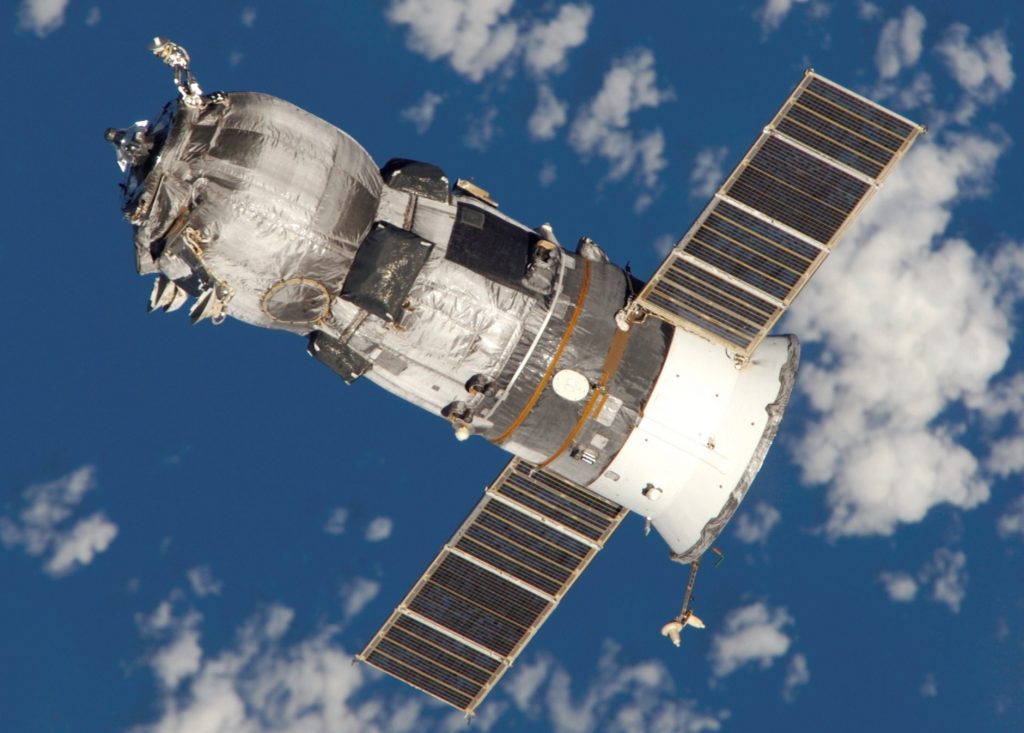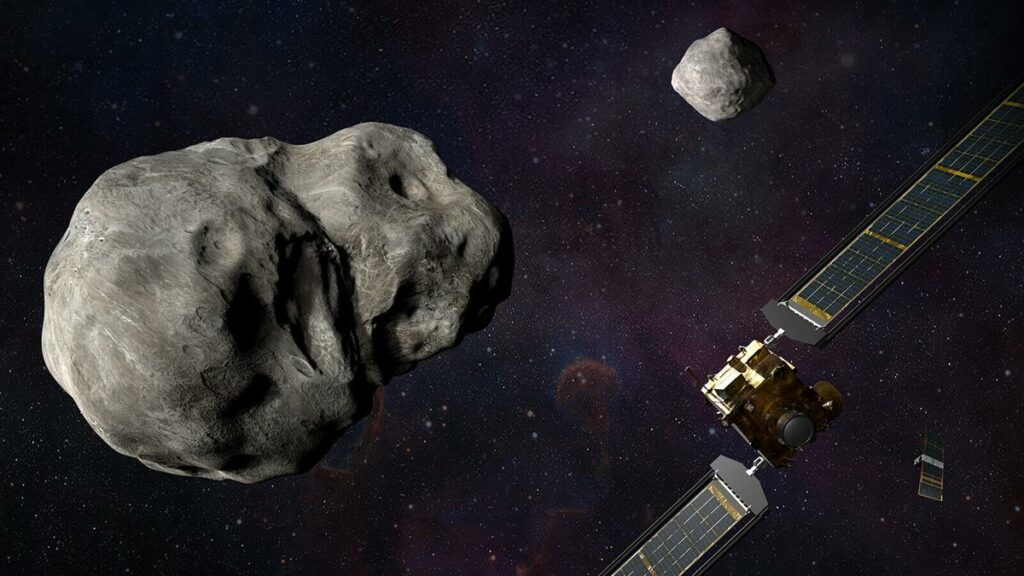The Russian resupply cargo ship Progress 70 became the fastest spacecraft to reach the International Space Station just under four hours. Roscosmos, the Russian space agency, launched its Progress 70 resupply ship aboard a Soyuz-2 rocket in MS-09 mission from Baikonur Cosmodrome in Kazakhstan at 5:51 pm ET. Although earlier Soyuz missions launched by the Russian space agency would take around six hours to reach the ISS, the agency attempted to launch Soyuz-2 rocket on an express lane that took just over three hours and 40 minutes to reach the space station setting a new record for the fastest spacecraft to reach ISS.
Progress 70 resupply cargo vehicle followed a fast-track that required only two orbits around the Earth before docking to the ISS. According to Stephen Clark, the two-orbit express lane to the ISS was well-timed and calibrated with the Soyuz rocket where it was timed just before ISS reached the space station. For the last six years post-2013, Russian Soyuz rocket has docked to the ISS in less than six hours that requires the rocket to follow six Earth orbits. On the other hand, the United States’ space agency NASA doesn’t have any launch rocket of its own and thus, contracts spaceflight companies such as Northrop Grumman, SpaceX, and others to conduct its cargo launches that take several days to reach the ISS.
According to the statement released by the Russian space agency, this was the third attempt to launch Progress cargo vehicle on an express lane to the space station. Although previously planned two launches were canceled off due to delays and last-minute complications which forced Soyuz to follow two days and 34 orbits launch to the space station. However, this launch went extremely successful with the two-orbits rendezvous which has finally worked for the Russian space agency thereby providing a framework that it can follow for current programs to the ISS and other future plans.
Although NASA seems interested to follow this launch scheme known as double-loop rendezvous scheme, however, it asserts that this technique needs further testing before actually launching a crewed mission to the ISS within a duration of four hours. The Progress 70 spacecraft carried 3 tons of cargo including 530 kgs of propellant, 920 kgs of water, 52 kgs of oxygen gas, 1,565 kgs of other cargo. The Expedition 56 crew will spend few days to unload the cargo from Progress 70 spacecraft after which, the spacecraft will stay put and docked to the ISS until January 2019.
Usually, Roscosmos would get rid of Progress spacecraft after its mission is completed, however, the Progress 70 spacecraft will stay docked to the ISS till January 2019 after which, a 17-year-old module Pirs docking compartment will be loaded on the spacecraft in order to give way for the new Multipurpose Laboratory Module (MDM) called Nauka which is yet to be launched after it met several delays after its original 2007 delay and it is expected to launch by August 2019 but it may get further postponed to 2020.
After Russian Progress spacecraft, Japanese space agency will take the next shipment onboard its Japanese Kounotori spacecraft in September in an estimated 4 hours time to reach the ISS following the same double loop rendezvous scheme. As per the schedule, the next Progress 71 spacecraft will be launched in late October this year followed by other cargo missions from SpaceX and Northrop Grumman.


